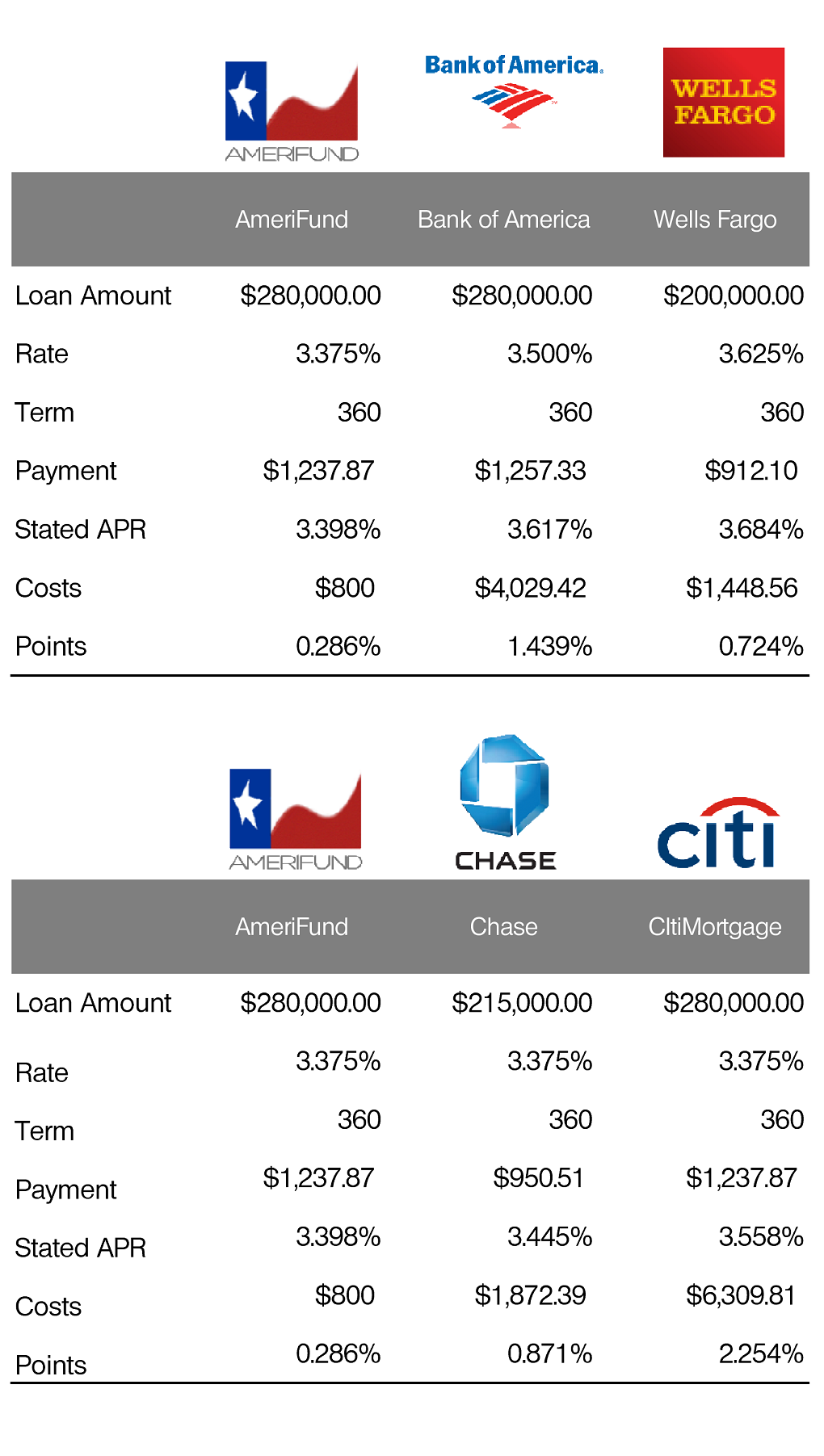Record ETF Investments: Why Investors Are Choosing Exchange-Traded Funds

Table of Contents
Diversification and Portfolio Management with ETFs
One of the primary reasons for the surge in ETF investments is their unparalleled ability to simplify portfolio diversification. Unlike picking individual stocks, which can be time-consuming and risky, ETFs offer instant diversification across a wide range of assets. This reduces the overall risk of your portfolio by not relying on the success of just one or a few investments.
- Sector-Specific ETFs: Gain exposure to specific sectors like technology (e.g., Technology Select Sector SPDR Fund (XLK)) or healthcare (e.g., Health Care Select Sector SPDR Fund (XLV)), easily diversifying across different industries.
- Broad Market ETFs: Track major market indices like the S&P 500 (e.g., SPDR S&P 500 ETF Trust (SPY)) or the Nasdaq 100 (e.g., Invesco QQQ Trust (QQQ)), providing broad market exposure with a single investment.
- International ETFs: Diversify geographically by investing in ETFs that track international markets, reducing reliance on the performance of a single country's economy.
- Bond ETFs: Add fixed-income exposure to your portfolio, balancing risk and providing a different asset class.
ETFs play a crucial role in strategic asset allocation and rebalancing. By strategically allocating your investments across different ETF categories, you can adjust your risk tolerance and target returns based on your financial goals. Regular rebalancing, made easy with ETFs, helps maintain your desired asset allocation over time. Effective ETF diversification strategies are crucial for building a diversified portfolio and optimizing asset allocation.
Cost-Effectiveness: Low Expense Ratios of ETFs
ETFs are renowned for their low-cost investing options. Compared to actively managed mutual funds, ETFs typically have significantly lower expense ratios. These small differences in fees can compound over time, resulting in substantially higher returns for ETF investors. For example, a 1% expense ratio difference over 20 years can dramatically impact your final investment value.
- Transparency: ETF fees are clearly disclosed, providing investors with complete transparency regarding their investment costs.
- Passive Investing: Many ETFs employ a passive investing strategy, tracking an index rather than actively trying to beat the market. This passive approach reduces management fees, further benefiting investors. This makes them a cost-effective investment strategy.
Trading Flexibility and Accessibility of ETFs
Unlike mutual funds, ETFs trade like stocks, offering intraday trading flexibility. This means you can buy or sell ETFs throughout the trading day at the current market price, offering greater control over your investments. Their liquidity makes them easy to manage.
- Brokerage Accounts: ETFs are easily accessible through most brokerage accounts and online trading platforms.
- Fractional Shares: The availability of fractional shares allows even small investors to participate in the market, owning portions of high-priced ETFs without needing a large initial investment. This enhances accessibility.
Tax Efficiency of Exchange-Traded Funds
ETFs often exhibit superior tax-efficient investing characteristics compared to mutual funds. The mechanism of in-kind creations and redemptions minimizes capital gains distributions, reducing the tax burden on investors.
- Capital Gains: Lower capital gains distributions contribute to greater tax efficiency.
- Dividend Distributions: While ETFs do distribute dividends, these are often lower than actively managed mutual funds.
- Tax-Loss Harvesting: Tax-loss harvesting is easier with ETFs, allowing investors to offset capital gains with losses to minimize their tax liability.
ETFs for Specific Investment Goals
ETFs cater to diverse investment needs. Whether it's retirement planning, education savings, or aligning your investments with your values through ESG investing, there's an ETF to match. The range extends to thematic ETFs focusing on specific trends or sectors.
Conclusion: Harnessing the Power of Record ETF Investments
The surge in record ETF investments reflects their compelling advantages: diversification, low costs, ease of trading, and tax efficiency. Their ability to simplify portfolio management and cater to various investment strategies makes them an attractive option for both seasoned and novice investors. With record ETF investments demonstrating their effectiveness, now is the time to consider incorporating ETFs into your portfolio. Start exploring the diverse range of ETFs available today and take advantage of their many benefits for building a successful investment strategy.

Featured Posts
-
 Nas Dem Bali Satu Kursi Di Senayan Proyek Kedai Kopi Ditunda
May 28, 2025
Nas Dem Bali Satu Kursi Di Senayan Proyek Kedai Kopi Ditunda
May 28, 2025 -
 Personal Loan Rates Compare And Find The Best Deal Today
May 28, 2025
Personal Loan Rates Compare And Find The Best Deal Today
May 28, 2025 -
 Photo Jannik Sinner And Pope Leo Xiv Share A Moment At Italian Open
May 28, 2025
Photo Jannik Sinner And Pope Leo Xiv Share A Moment At Italian Open
May 28, 2025 -
 Prediksi Arus Balik Mudik Masuk Bali Puncak 5 6 April 2025
May 28, 2025
Prediksi Arus Balik Mudik Masuk Bali Puncak 5 6 April 2025
May 28, 2025 -
 6 Kabupaten Terima Bkk Gubernur Koster Tetapkan Mekanisme Penyaluran Dan Program Strategis
May 28, 2025
6 Kabupaten Terima Bkk Gubernur Koster Tetapkan Mekanisme Penyaluran Dan Program Strategis
May 28, 2025
